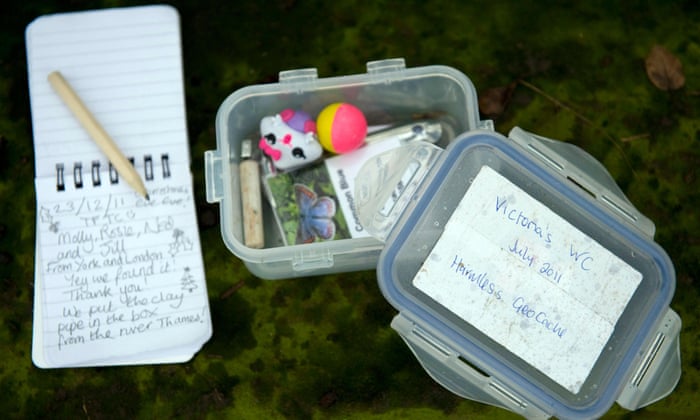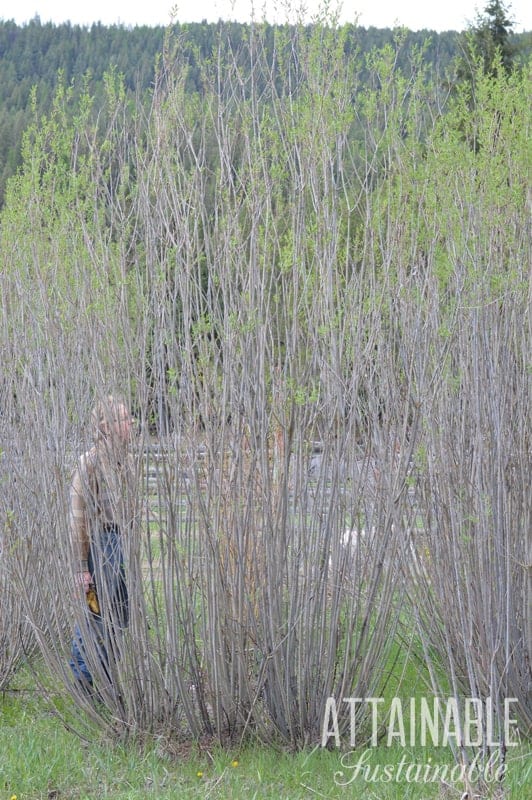by Michael Smith (Veshengro)
Lord de Mauley, who was an environment minister of the Conservative/Liberal-Democrat coalition government in the UK, said in early 2015 (before the last general election in the UK) that householders should repair their broken televisions, toasters, and washing machines or buy second-hand replacements as part of a national effort to cut waste.
This statement earned him criticism from many people being outraged that someone, considered a Toff by many of them, should talk down like that to the poor, and took to venting their anger on social media platforms. And, while that may be correct, Lord de Mauley does, however, have a valid point as well, and a serious one.
Families should reconsider their buying habits, he said, and resist the temptation to spend more money on the latest electronic gadgets, clothes and food that they will not eat.
Under his plans, consumers will be advised to sell their unwanted possessions on eBay and other auction websites instead of throwing re-usable items away.
The advice is aimed at helping families and businesses to save money while protecting the environment by reducing millions of tonnes of waste that is buried in landfill every year.
But repairability is very much a problem and an issue as all too many consumer products today are designed as “consumables” with built in obsolescence, designed to break down about a day or so after the warranty runs out and are not repairable.
In addition to that there are also concerns that Britain’s “throwaway culture” means that most electrical repair shops have closed and that customers will not know where to take their broken appliances to be fixed. And it is not only electrical repair shops that have closed. It is nowadays also almost impossible to get shoes and boots mended properly or other leather goods and so on and so forth.
Lord de Mauley, the waste minister at the Department for Environment, Food and Rural Affairs, insisted that families would save money by re-using old clothes and repairing faulty equipment.
The problem, however, as already mentioned, as regards to faulty equipment is that often the built-in obsolescence does not allow for repair as (1) many appliances cannot even be opened and (2) repair quite often is several times more expensive than buying new actually. Unless those two points are solved and the third point of the lack of repair shops nothing will change.
While reducing waste is everyone’s responsibility, as the hereditary peer said, the way the system is set up at the present it often simply if not possible. Obviously, as far as clothes are concerned it is not necessary, as though often happens, to throw away a shirt, a pair of trousers, or whatever, simply because a button has come off or such.
Under the proposal businesses and families will be told to take care not to waste food, paper, plastics, and electronic and electrical equipment and to and pass on items that they would otherwise throw away.
While it has to be said such programs can be useful but treating people like imbeciles is not and that it was the UK nanny state is, once again, doing.
It is true, unfortunately, though that it would appear that many of the people today, in the UK and also in many other developed nations, sadly need to be told and taught how to make do and mend, so to speak, in order to save money and resources.
All too many today do not understand the reuse and upcycling, before the terms even became used, that our grandparents and their parents, and even in some cases our parents, employed and not only out of necessity. If they want something they immediately run to the shop or click it online. Making it themselves rarely ever enters the mind and as for repair; don't be silly. It has to be new and the latest as one has to have street cred. Couldn't possibly use an old cellphone or an old computer even though they may work perfectly well. I am sorry for being somewhat facetious here but this is how the attitude displayed by so many today comes across to me. But, there are exception to this rule and they are also becoming more, it seems at an almost daily basis.
We have to get away from that kind of attitude and learn to make our things last, if and when they are capable in that they still work fine and do what we want them to do. No one, or at least the majority, will ever use the bells and whistles on the new and newer cellphones and whatever else.
The same goes for so many other things too. Unless you are a serious road racer then there is no need for that expensive new carbon fiber road bike; the old bicycle will get you there and back as easy though you may looks as cool on it. On the other hand the old bicycle, that does the same job, will not attract the attention of would-be thieves and thus there is no need for two or three locks to try to keep you bike safe and secure.
Also, as far as bicycles, but also other things are concerned, the simpler they are the easier it is for them to be repaired if something goes wrong with them, and with many of the simple things repair can be done in DIY fashion.
Let's therefore stick with yesterday's model rather than the latest one.
© 2016
















 The Level Market wants to make the procurement of humanitarian aid and development products as easy as shopping on Amazon.
The Level Market wants to make the procurement of humanitarian aid and development products as easy as shopping on Amazon.


 Urbanisation and today’s “digital” lifestyle promotes stress and a sense of alienation. Does nature hold the key to our inner peace and development?
Urbanisation and today’s “digital” lifestyle promotes stress and a sense of alienation. Does nature hold the key to our inner peace and development?


 One of the easiest ways to fight global warming is more widely applicable than previously thought, and has the added bonus of saving money. All it takes is a pot of white paint and a bare roof.
One of the easiest ways to fight global warming is more widely applicable than previously thought, and has the added bonus of saving money. All it takes is a pot of white paint and a bare roof.






 Wenn du einen Garten bewirtschaftest, kennst du das bestimmt. Gerade noch umgegraben und ausgesät und schon ist wieder alles grün, nur leider wachsen neben den gewünschten Pflanzen auch jede Menge ungeliebte Kräuter und Gräser. Üblicherweise bedeutet das, regelmäßig viel Zeit in die händische Entfernung ungebetener Gäste im Beet zu investieren oder mit anderen Mitteln dafür zu sorgen, dass die Bepflanzung nicht überwuchert oder sogar ganz verdrängt wird. Warum also nicht einfach das Problem in einen Vorteil umwandeln? Mit einem einfachen Trick kannst du mit weniger Aufwand mehr ernten und deinen Speiseplan um gesunde und schmackhafte Vitalstofflieferanten bereichern. Alles, was du dazu brauchst, sind so genannte Bodendecker, die auf Pflanzen, Licht- und Bodenverhältnisse in deinem Garten abgestimmt sind.
Wenn du einen Garten bewirtschaftest, kennst du das bestimmt. Gerade noch umgegraben und ausgesät und schon ist wieder alles grün, nur leider wachsen neben den gewünschten Pflanzen auch jede Menge ungeliebte Kräuter und Gräser. Üblicherweise bedeutet das, regelmäßig viel Zeit in die händische Entfernung ungebetener Gäste im Beet zu investieren oder mit anderen Mitteln dafür zu sorgen, dass die Bepflanzung nicht überwuchert oder sogar ganz verdrängt wird. Warum also nicht einfach das Problem in einen Vorteil umwandeln? Mit einem einfachen Trick kannst du mit weniger Aufwand mehr ernten und deinen Speiseplan um gesunde und schmackhafte Vitalstofflieferanten bereichern. Alles, was du dazu brauchst, sind so genannte Bodendecker, die auf Pflanzen, Licht- und Bodenverhältnisse in deinem Garten abgestimmt sind. 






















